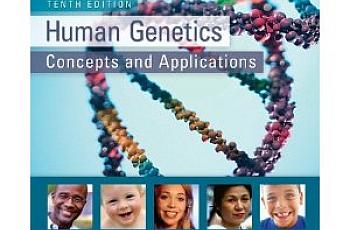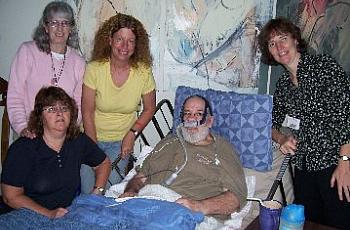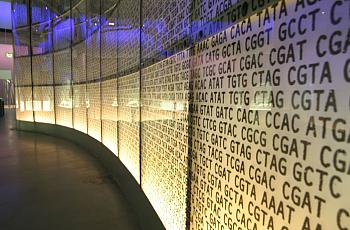
Ricki Lewis
genetics author

genetics author
I am a long-time science writer/textbook author with a PhD in genetics. My first narrative nonfiction book, "The Forever Fix: Gene Therapy and the Boy Who Saved It," was published by St. Martin's Press in March 2012. The story of a lifetime, The Forever Fix tells the tale of 8-year-old Corey Haas, who screamed at the Philadelphia zoo on a sunny Sunday in September 2008 when he looked up, seeing for the first time, four days following gene therapy. Nine years earlier an 18-year-old died of gene therapy, also in four days, in the same city, shutting down the field. I am in awe of the families and researchers who let me into their lives to write this book.
I'm author of co-author of several textbooks for McGraw-Hill Higher Education, most recently the 10th edition of Human Genetics: Concepts and Applications. I've also published an essay collection, a novel about stem cells, and a short Human Genetics book with Routledge Press in 2010. I published thousands of magazine articles, back in the days before blogs, when assignments were plentiful. I'm a genetic counselor (since 1984) for a large ob/gyn practice in Schenectady NY, a hospice volunteer, and I teach "Genethics" online for Albany Medical College (Alden March Bioethics Institute). My blog, Genetic Linkage, is at www.rickilewis.com

Ricki Lewis is a science writer with a PhD in genetics. The author of several textbooks and thousands of articles in scientific, medical, and consumer publications.

<p>Most of the media missed the genetic glitch in the latest search for the elusive G-spot. An update to the version published in Scientific American blogs, April 25, 2012.</p>
<p>Correcting a genetic defect before birth sounds like a great idea, but I'm uncomfortable with how we get there.</p>

<p>"Dignity therapy" is a "novel psychotherapeutic approach" that gives patients with a 6-month life expectancy "an opportunity to reflect on things that matter most to them or that they would most want remembered." In fact, hospice volunteers have been providing dignity therapy for decades.</p>

<p>After 60+ years of smoking, my mother-in-law’s lungs were surely a toxic wasteland, yet nothing would make her quit. Journalist Ricki Lewis examines the risks and benefits of Chantix and highlights a new way to get smokers to quit: texting.</p>

<p>How far are we from personal genome scans that yield long lists of risks, some meaningful, some not? Who will develop the criteria for what is meaningful, for what a patient should know?</p>

<p>My mom, like millions of others, was handed "a vitamin" while pregnant with me in 1954. And so when I became a teenager, I began to drip, and was hauled off to the gyno. The label: DES daughter. It was scary.</p>